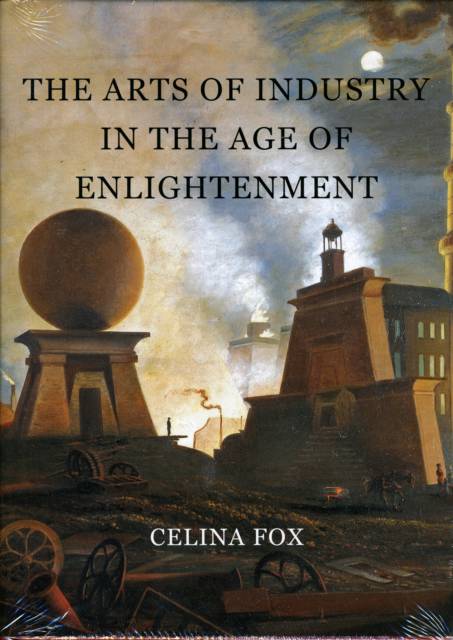
- Retrait gratuit dans votre magasin Club
- 7.000.000 titres dans notre catalogue
- Payer en toute sécurité
- Toujours un magasin près de chez vous
- Retrait gratuit dans votre magasin Club
- 7.000.0000 titres dans notre catalogue
- Payer en toute sécurité
- Toujours un magasin près de chez vous
Description
During the 18th century, the arts of industry encompassed both liberal and mechanical realms--not simply the representation of work in the fine art of painting, but the skills involved in the processes of industry itself. Drawing on a wealth of primary sources, Celina Fox argues that mechanics and artisans used four principal means to describe and rationalize their work: drawing, model-making, societies, and publications. These four channels, which form the four central themes of this engrossing book, provided the basis for experimentation and invention, for explanation and classification, for validation and authorization, and for promotion and celebration, thus bringing them into the public domain and achieving progress as a true part of the Enlightenment.
Spécifications
Parties prenantes
- Auteur(s) :
- Editeur:
Contenu
- Nombre de pages :
- 576
- Langue:
- Anglais
- Collection :
Caractéristiques
- EAN:
- 9780300160420
- Date de parution :
- 02-03-10
- Format:
- Livre relié
- Format numérique:
- Genaaid
- Dimensions :
- 208 mm x 287 mm
- Poids :
- 2404 g

Les avis
Nous publions uniquement les avis qui respectent les conditions requises. Consultez nos conditions pour les avis.






